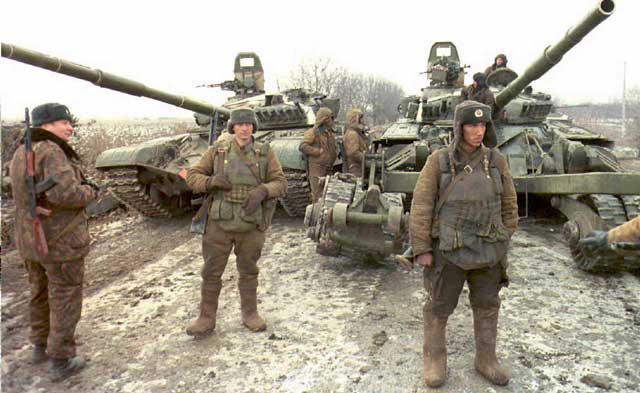I Am A Chechen, By German Sadulaev, trans. Anna Gunin

Some of the finest novels in the Russian language are set in the Caucasus Mountains. Mikhail Lermontov, Lev Tolstoy and Alexander Pushkin were just some of the writers who all but invented Russian literature against the backdrop of the turbulent south. Modern books about 19th-century Chechnya routinely quote Tolstoy's Hadji Murat or Pushkin's Prisoner of the Caucasus, and their evocation of the noble highlander as a worthy adversary. That is because their viewpoint is the only one we have. The ordinary Chechen's opinion about the Tsarist armies' conquest of their homeland, or about anything else, is unrecorded except in the imagination of the great Russian writers.
Mass literacy only arrived in the Caucasus with communism, and that brought literary forms not destined to last the test of time – odes to Stalin, or labour productivity. There were no Chechens among the dissident writers whose samizdat books were passed from hand to hand in secret, and we have long waited for one great enough to shoulder the burden of his nation's suffering.
It was with a sense of hope that I opened I am a Chechen by German Sadulaev, a St Petersburg-based writer who lived in Chechnya until he was 16. It starts with "a Tale in Fragments", made up of shattered stories split into sections just a couple of pages long. They howl with an anguish bred of homesickness and loss, repeatedly turning to the same themes of death and despair.
His characters are helpless beneath a sky controlled by fighter jets. They are observed by passive spirits, and shredded by missiles, artillery and machine-gun fire. Sadulaev bemoans his own corruption as he sits in Russia and watches his homeland's destruction after President Boris Yeltsin sent in the tanks in 1994. "In the freedom of Russia, Chechen men follow different rules: a man has only one mother, all other men are his wives," he writes. "There is no happiness: the fair-haired Russian women brought us none. We have ourselves become women like them."
With dabs of myth, and touches of metaphor, he creates a picture of horror and guilt covering the 19th-century wars, Stalin's deportation of the Chechens and the wars that followed the Soviet collapse. It is powerful stuff, but after a while I longed for a plot or characters to guide the reader through the maze of battles and atrocities. Having built up the atmosphere to an unbearable pitch, he does finally unleash a story – two young half-Chechen boys growing up together – and it is a monumental disappointment. It is fair to say the reader will guess the ending almost before it begins.
Seemingly exhausted by the anguish of the opening section, the book's subsequent parts slide downhill. They have occasional flashes of brilliance –Russian conscripts killing themselves on their return from the horrors of war, for example. The themes come round again and again – planes, myths, fair-haired women – but more and more diluted in aimless examinations of the writer's own dilemmas. It becomes increasingly hard to summon up sympathy for a man who moans about writer's block and feels a bit guilty about his varied sex life. Lermontov's Pechorin in A Hero of Our Times, was also sexually promiscuous and morally ambiguous. Unlike Sadulaev, Lermontov was prepared to indulge his readers as well as himself, by giving them a plot and characters to follow while he made his point about Russia's bankrupt society. Chechnya will have to wait a while longer for the great writer who can tell its stories on its own terms.
Oliver Bullough is the author of 'Let Our Fame Be Great: journeys among the defiant people of the Caucasus' (Allen Lane)
Join our commenting forum
Join thought-provoking conversations, follow other Independent readers and see their replies
Comments